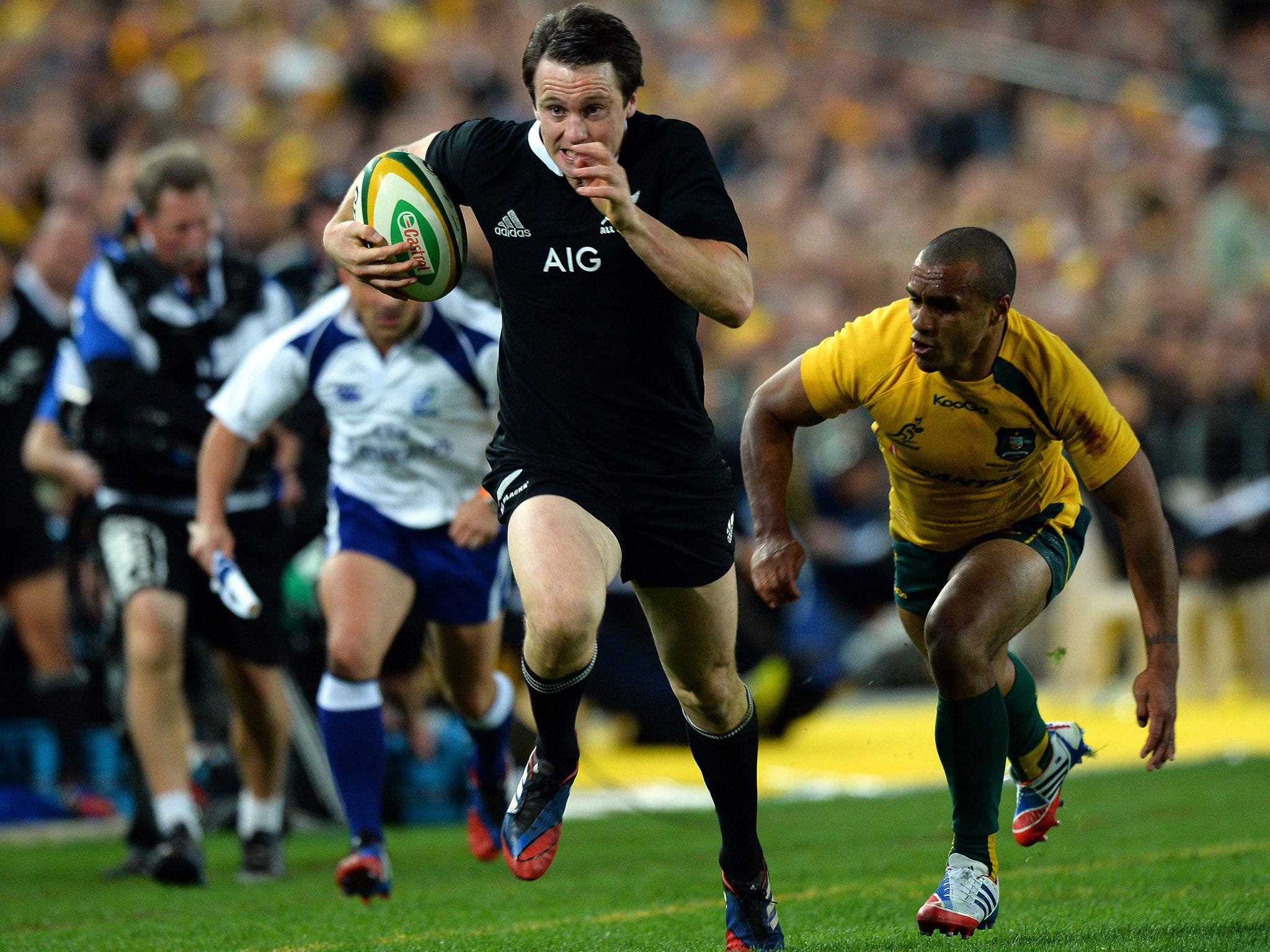Inside Lines: After Russia the heat is on Qatar over anti-gay laws

The New Zealand speed skater Blake Skjellerup, a gay-rights activist, says he will wear the Rainbow Pin, created by the London Olympic Organising Committee (Locog) to promote diversity at the 2012 Games, during next year's Winter Olympics in Sochi. It is anticipated that many of his fellow competitors will join him in protesting Russia's new anti-gay legislation which prohibits the promotion of homosexuality.
But will any footballers do the same at the subsequent 2018 World Cup in Russia and four years later in Qatar, where similar laws apply? Like many Islamic nations Qatar follows Sharia law which criminalises homosexuality between men (though oddly not women). But while the authorities are more relaxed about imposing it than some others in the Middle East and Africa – where it can be a capital offence – the ban on promotion of gay propaganda is still rigidly enforced.
This week Britain's Gay Footballers Support Network will meet with other human-rights groups to develop a strategy which puts pressure on world sports bodies such as the IOC and Fifa not to award major sports events to the countries which embrace discrimination in any form. As GFSN chair, Chris Basiurski points out: "We have seen evidence in the past that when the likes of Fifa or the IOC swan in somewhere they may get the rules temporarily suspended but afterwards it reverts to the same situation."
While the IOC is "seeking clarification" from the Russian government – doubtless pointing out that discrimination on the grounds of sexuality is against the Olympic charter – it is believed Fifa will actively seek a suspension of anti-gay legislation both in Russia and Qatar for the respective World Cups.
Fifa president, Sepp Blatter, assured Basiurski that he was "working on it" when they met during the London Olympics. But Basiurski warns: "Relying on a temporary suspension, even if one is possible, could mean missing the chance to create a change in these countries." He accepts that gay competitors and supporters may have to keep a low profile, "put prudence before politics" and, as Russian athlete Yelena Isinbayeva says, respect the laws of the land.
But Basiurski, whose Polish grandmother was interned in a Soviet gulag, adds: "What alarms me is that while the authorities may turn a blind eye, they might encourage vigilante groups that won't. In Russia I suspect they are using this as a distraction from other domestic issues rather like the Germans did with the Jews. How long will it be before gay people there will be forced to wear pink triangles?"
C K's Wu turn
Dr C K Wu, the Taiwanese tycoon who is running for the IOC presidency, performed a remarkable U-turn when, over tea at London's Cafe Royal last week, we pointed out just how ludicrously unfair it was that Nicola Adams, lauded by AIBA (the international boxing body he governs) as the first female boxing Olympic gold medallist just a year ago, should be barred, along with every other English boxer from schools level upwards following AIBA's spat with the ABA of England, by the same organisation which claims a prime objective is to protect and further the interests of boxers. Was this not against the spirit of Olympism?
Wu got the message, especially when informed that Lord Coe, who has the ear of many IOC voters, was also rather peeved. "Irrespective of the outcome of the dispute there will be on no further ban on the boxers," Wu declared. "It is my personal decision."
That's how autocracy works. Yet within a few hours ban-happy AIBA slapped a similar suspension on the South African ABA. So what's up, Doc?
London bonding
An audacious bid by its Malaysian president Prince Tunku Imran to move the base of the Commonwealth Games Federation from London's Eon House, headquarters of the film company that makes the James Bond movies, to Kuala Lumpur has been thwarted following angry protests from several countries. Federation staff were said to be shaken, but relieved that they are not to be stirred.
Join our commenting forum
Join thought-provoking conversations, follow other Independent readers and see their replies
Comments